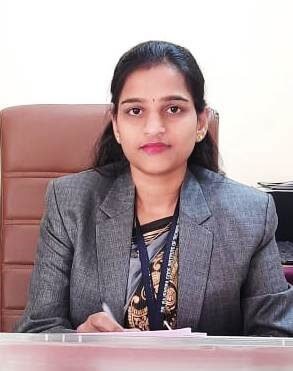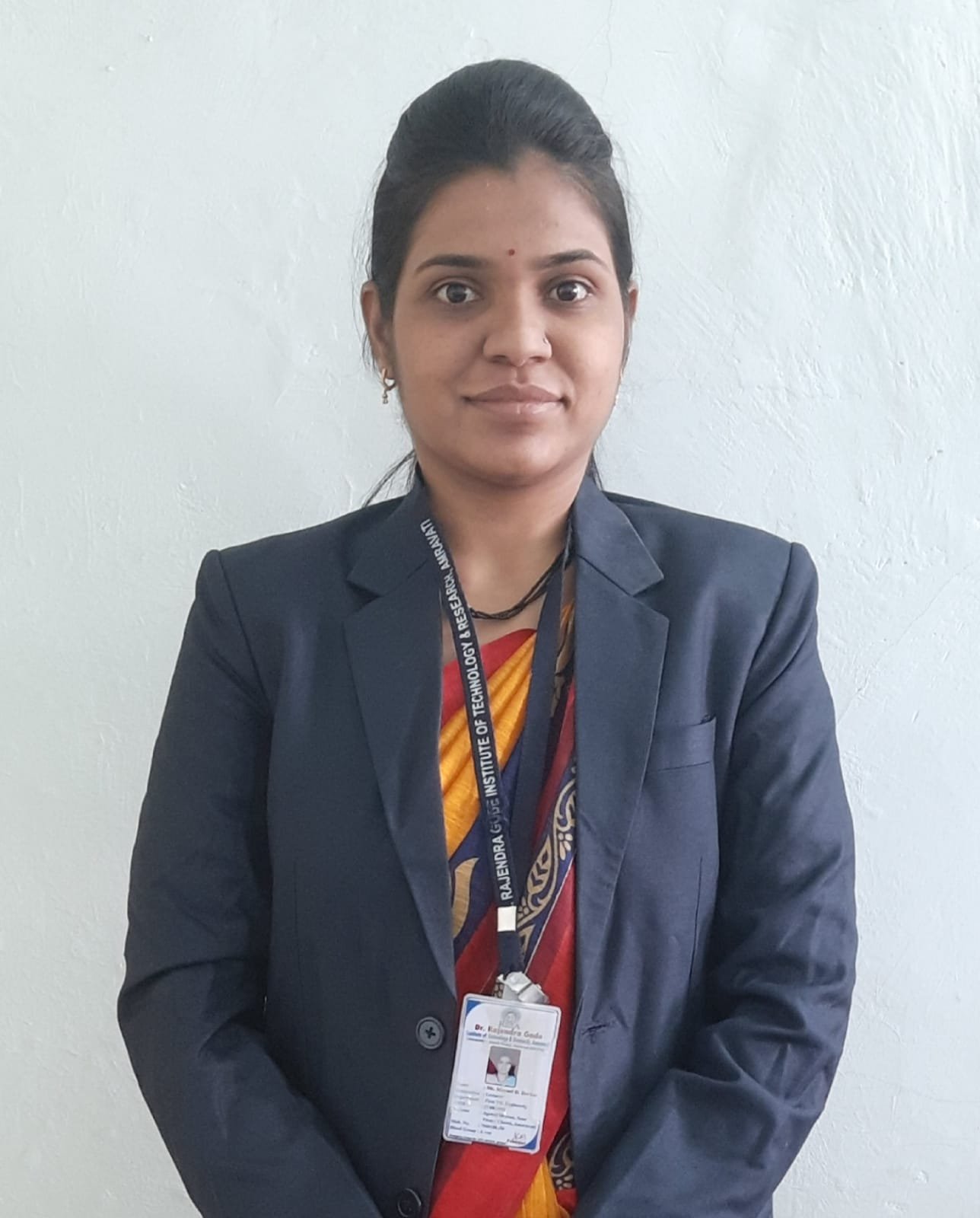Gone are the days where the purpose of education to train individuals to be highly productive for society. Now the purpose o feducation is to educate people, the ability to manage their lives both physically and mentaly in a healthy way. In the very first year, the purpose of department is not only to articulate and organize the scientific knowledge in a coherent way but also to develop the good moral behavior among the students. The department consists physics, chemestry, mathemathics and english disciplines. Well experienced and highly qualified staff is taking strenuous efforts to mould students into efficient technocrats.
Applied Sciences and Humanities department of Diploma Courses is implementing the curriculum led by MSBTE. It takes efforts to addopt better technological implementation for the benifit of the students. Mostly, the rular mass is admited to Diploma Courses. We try to imbibe Teaching - Learning process according to their tastes, culture and attributes. So, the Applied Science and Humanities Department is tirelessly taking efforts to achieve excellence in academics from the very first year.
|
PO1 |
Engineering knowledge: Apply the knowledge of mathematics, science, engineering fundamentals, and an engineering specialization to the solution of complex engineering problems. |
|
PO2 |
Problem analysis: Identify, formulate, review research literature, and analyze complex engineering problems reaching substantiated conclusions using first principles of mathematics, natural sciences, and engineering sciences. |
|
PO3 |
Design/development of solutions: Design solutions for complex engineering problems and design system components or processes that meet the specified needs with appropriate consideration for the public health and safety, and the cultural, societal, and environmental considerations. |
|
PO4 |
Conduct investigations of complex problems: Use research-based knowledge and research methods including design of experiments, analysis and interpretation of data, and synthesis of the information to provide valid conclusions. |
|
PO5 |
Modern tool usage: Create, select, and apply appropriate techniques, resources, and modern engineering and IT tools including prediction and modeling to complex engineering activities with an understanding of the limitations. |
|
PO6 |
The engineer and society: Apply reasoning informed by the contextual knowledge to assess societal, health, safety, legal and cultural issues and the consequent responsibilities relevant to the professional engineering practice. |
|
PO7 |
Environment and sustainability: Understand the impact of the professional engineering solutions in societal and environmental contexts, and demonstrate the knowledge of, and need for sustainable development. |
|
PO8 |
Ethics: Apply ethical principles and commit to professional ethics and responsibilities and norms of the engineering practice. |
|
PO9 |
Individual and team work: Function effectively as an individual, and as a member or leader in diverse teams, and in multidisciplinary settings. |
|
PO10 |
Communication: Communicate effectively on complex engineering activities with the engineering community and with society at large, such as, being able to comprehend and write effective reports and design documentation, make effective presentations, and give and receive clear instructions. |
|
PO11 |
Project management and finance: Demonstrate knowledge and understanding of the engineering and management principles and apply these to one’s own work, as a member and leader in a team, to manage projects and in multidisciplinary environments. |
|
PO12 |
Life-long learning: Recognize the need for, and have the preparation and ability to engage in independent and life-long learning in the broadest context of technological change. |

| Name | Prof. Deepashree R. Deshmukh |
|---|---|
| Designation | Assistant Professor |
| Qualification | Ph.D* (Pursuing), M.sc, M.Phil |
| Teaching Experience | 12 Years |
| deepashree.drgitrdiploma@gmail.com |

| Name | Prof. Meera N. Raut |
|---|---|
| Designation | HOD |
| Qualification | M.Phil (English Literature), Ph.D (Persuing) |
| Teaching Experience | 13 Years |
| rautmeera@gmail.com |

| Name | Prof. Mayuri D. Borkar |
|---|---|
| Designation | Lecturer |
| Qualification | M.Sc. (Mathematics), B.Ed. |
| Teaching Experience | 04 Years |
| borkarmayuri@gmail.com |
| Name of Student | Class Rank | Percentage |
|---|---|---|
| 7th Semester | ||
| Ku.Priyanka Shinde | 1 | 73% |
| Ku.Vrushali Nagorao Sarnaik | 2 | 71% |
| Mr.Sahil Ashok Pund | 3 | 70% |
| 5th Semester | ||
| Ku. Manisha Kalbande | 1 | 63% |
| Ku. Priyanka Ghormade | 2 | 62% |
| 3rd Semester | ||
| Ku. Shweta Gajanan Kadam | 1 | 66% |